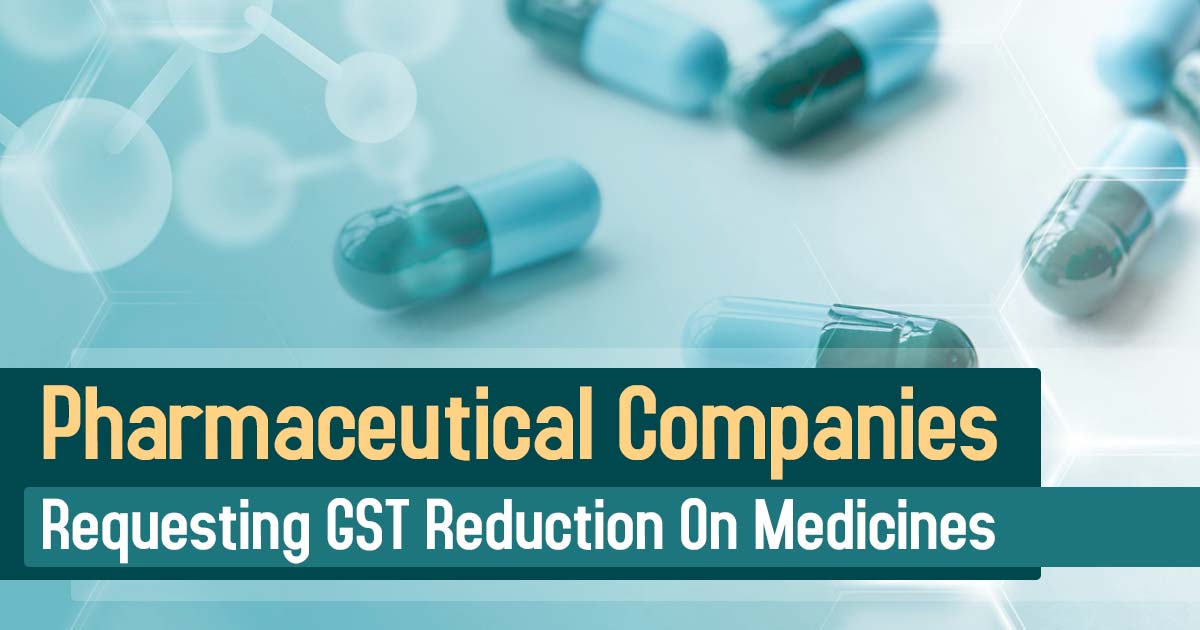
Pharmaceutical corporations in India have appealed for a reduction in the Goods and Services Tax (GST) on essential medications to ensure that they are affordable for the general population.
Anil Matai, the Director General of the Organisation of Pharmaceutical Producers of India (OPPI), conveyed the industry’s desired outcomes for the upcoming Union Budget 2024. He asserted that import duty on life-saving drugs should be waived, emphasizing that medicines are not considered a “luxury” for the people and that individuals should not be burdened with high taxes when it comes to treatments to save lives.
He also advocated for additional incentives to promote innovation and attract more investments in research and development (R&D).
Read Also: GST on Medicines and Medical Supplies in India
Under the Drugs (Prices Control) directive, 2013, the National Pharmaceutical Pricing Authority (NPPA), a government regulatory body, supervises the pricing of essential medicines in India. While 870 crucial medications are included in the National List of Essential Medicines (NLEM), price limits have been imposed on 651 medicines as of April 2023.
Referring to the government’s target of achieving a pharmaceutical industry size of $200 billion by 2030 as an “aspirational” goal, Matai expressed confidence in its attainability. However, he emphasized the importance of the government addressing regulatory concerns and promoting ease of business to welcome such growth.
Related: GST Impact on Expired Medicine/ Drugs Return
Highlighting the significance of innovation, Matai stated that India must move beyond incremental advancements and look to scale the value chain instead of merely being a high-volume supplier. To achieve this, the country needs to explore means of enhancing Intellectual Property (IP) protection.
He further stated that without adequate IP protection, companies will lack incentives to pursue disruptive innovations. Matai pointed out that approximately 15-20% of a company’s revenue is typically dedicated to R&D, and out of the 20-year patent lifespan, 10 to 12 years are spent on pre-launch activities such as drug development and safety trials.
Explaining the residual shelf life of a patent, which is around 7 to 8 years, he emphasized that the government must consider providing a return on investment (ROI) for companies investing substantial amounts in R&D. This aspect is crucial for attracting global companies operating in India and making the proposition appealing to their parent companies worldwide.
Addressing the growing currency of adverse events, including deaths, associated with exported drugs, Matai acknowledged the need for an improved quality enforcement environment in India.
Important: GST-exemption Rule on Medicines Won’t Provide Any Necessary Relief for Patients
Although he acknowledged that only a small fraction of the 10,000 drug manufacturing units in India may not adhere strictly to quality standards, he called for stringent actions against such non-compliant units.
Advocating for quality infrastructure at the government level, particularly in terms of drug inspectors, he said that patient deaths resulting from substandard drugs are unacceptable, and measures should be taken to safeguard India’s reputation.